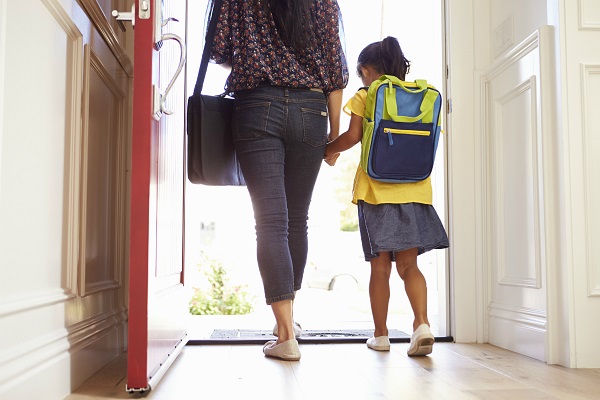A recent survey of 2,000 parents of school-aged children revealed significant concerns around their child’s mental health and desired supports.
Seventy percent of respondents felt their child is experiencing more burnout than they are and six in 10 parents have noticed their child coming home from school with a “low mental battery.”
Eighty-one percent say they wish schools would offer more easily accessible mental health services, and 83 percent believe it’s important for schools to have mental health counseling available to students. According to the American School Counselor Association, just 14 percent of schools meet its recommended ratio of one school counselor per 250 students.
The survey, commissioned by Presence, a teletherapy provider that offers preK-12 services, was conducted by OnePoll between March 9 and March 13, 2023.
“By reaching out to schools and learning about the mental health services offered, parents can take the first step in helping their children,” said Stephanie Taylor, vice president of clinical innovation and outreach at Presence. “Yes, schools are struggling to provide the degree of mental health services they would like to provide, but many parents may be surprised and relieved by what school can offer.”
The top identified signs of burnout in children include changes in sleep patterns and appetite, physical complaints, a decreased interest in activities they once enjoyed, and avoiding social interactions or activities.
The top stressors children face today, according to parents, are screen time and social media use; changes or transitions, like moving or attending a new school; social pressure and peer relationships; anxiety and worry about the future; bullying or harassment; lack of sleep or irregular sleep patterns; financial stress or instability; health concerns or chronic illness; and family issues.
The primary feelings parents have observed children struggling with are stress, anger and depression.
A third of children share their feelings and emotions with their parents/guardians once a week or less, according to survey results. Some wait as long as two to three weeks.
Six in 10 survey respondents said they had sought the help of teletherapy or online therapy services.
Parents also identified supports that could help their child’s mental well-being, including support groups or peer counseling programs; exercise or physical activity; mindfulness or meditation practices; therapy or counseling; enlisting the help of a personalized learning coach; art or music therapy; and pet therapy or animal-assisted interventions.





